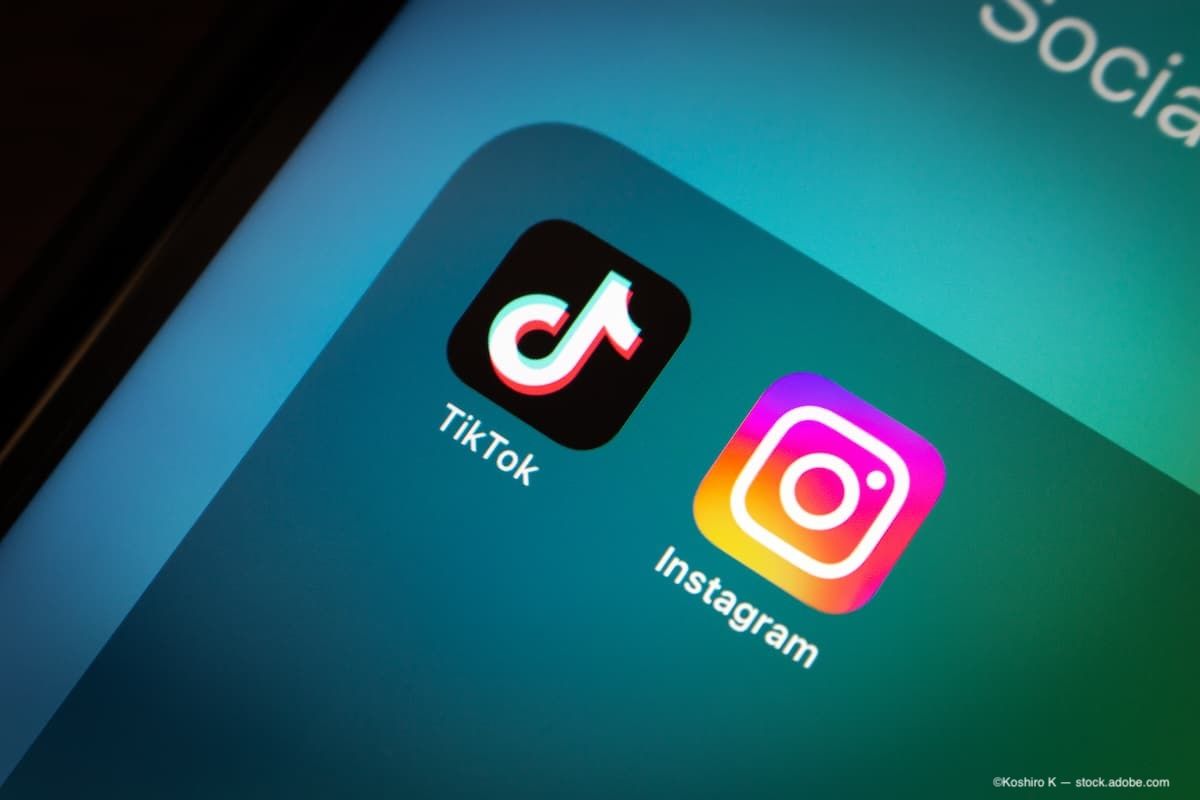News
Article
AG-80308 for dry eye disease on track for Phase 2 clinical trial
Author(s):
According to Allgenesis Biotherapeutics, AG-8030 is a first-in-class, formyl peptide receptor (FPR) agonist formulated as an aqueous solution eye drop for the treatment of DED.
(Image Credit: AdobeStock/ThawKyar)

Reviewed by K R Kenyon, MD:
Coming on the heels of encouraging data from its Phase 1b clinical trial of AG-80308, Allgenesis Biotherapeutics is poised to start a Phase 2 trial to treat dry eye disease (DED).
The company is developing AG-80308, a first-in-class, formyl peptide receptor (FPR) agonist formulated as an aqueous solution eye drop for the treatment of DED.
According to Kenneth Kenyon, MD, a cornea, cataract, and refractive surgeon with Tufts/New England Eye Center and Harvard Medical School, the Phase 1b clinical trial examined the safety, efficacy, and dose-response of 2 formulations and 3 concentrations of topical AG-80308. Kenyon, who participated in the clinical trial, discussed the results in a conversation with Ophthalmology Times.
“AG-80308 has a unique pathway as a formyl peptide receptor agonist. It works through the resolution pathway to reduce inflammatory neutrophils, promote mucin secretion and wound healing, to potentially be a broad-spectrum treatment for dry eye patients," said Kenyon. “It is fundamentally an anti-inflammatory, acting via the so-called Resolution Pathway. While there are a number of anti-inflammatory options currently available, AG-80308 exploits this uniquely different pathway compared to cyclosporine, corticosteroids and other anti-inflammatories."
According to the company, AG-80308 provided improvements in both signs and symptoms in dry eye patients with or without meibomium gland dysfunction. The improved signs included corneal staining, conjunctival staining, and tear production responder rates. The improved symptoms included the 7-item Visual Analog Scale (VAS), including dry eye discomfort, eye dryness, burning/stinging, itching, foreign body sensation, photophobia, and pain.
Moreover, AG-80308 Formulation A 0.001% and Formulation B 0.03% provided the best overall safety, tolerability, and efficacy profiles.
Kenyon also pointed out that AG-80308 had already completed exhaustive animal studies and Phase 1 human safety studies, verifying its lack of toxicity and enhanced safety.
In an abstract presented at ARVO 2024 in Seattle, Washington, the multicenter, double-masked, randomly assigned, parallel-group Phase 1b study evaluated the safety, tolerability, and dose-response of topical AG-80308 given twice daily for 3 months in patients with dry eye disease.Eighty (80) dry eye patients were planned to be enrolled and were assigned 1:1:1:1 to receive 0.001%, 0.03%, and 0.1% AG-80308 in Formulation A or 0.03% AG-80308 in Formulation B.1
“Formulation B was especially efficacious in terms of reducing adverse events,” Kenyon said. “Beyond tolerability, the clinical improvements occurred in 3 out of 5 signs and 7 out of 7 symptoms.”
Moreover, these trials also proved especially interesting to external disease specialists, offering decreased corneal staining and decreased conjunctival staining, both with high significant levels.
“I think the next steps of this research can now be more focused,” Kenyon emphasized. “concentrating on which specific objective and subjective targets should be assessed.”
The company hopes to kick off Phase 2 clinical trials next year, and the data from the earlier trials will help speed the process.
“I think as current AG-80308 formulations are already well-tolerated, no additional reformulation efforts are required,” Kenyon said.“Future trials can thereby utilize these already proven formulations.”
“By looking at a larger cohort of patients, the effects from earlier trials can be confirmed,” Kenyon added. “And if this proves to be robust, as I suspect and predict, then a more focused ‘magic bullet’ strategy can likely move the studies to Phase 2b and Phase 3, probably in the next year or so.”
In addition to no serious adverse events in the study, the abstract also indicated no notable changes in hematology, serum chemistry, urinalysis, vital signs, or physical examination findings.
“AG-80308 was proven safe when given BID for 3 months,” the investigators noted in the abstract. Hence “AG-80308 has the potential to be a novel treatment for dry eye disease.”
K R Kenyon, MD has no financial conflict of interest with Allgenesis Biotherapeutics, Inc.
Reference:
Cheetham JK, Lai S, Nguyen T, Patel SS, Whitcup SM, Madhu Cherukury. AG-80308, a novel first-in-class ophthalmic solution for the treatment of dry eye disease. Investigative Ophthalmology & Visual Science. 2024;65(7):2984-2984. Published June 2024. Accessed July 15, 2024. https://iovs.arvojournals.org/article.aspx?articleid=2797092
Newsletter
Don’t miss out—get Ophthalmology Times updates on the latest clinical advancements and expert interviews, straight to your inbox.




